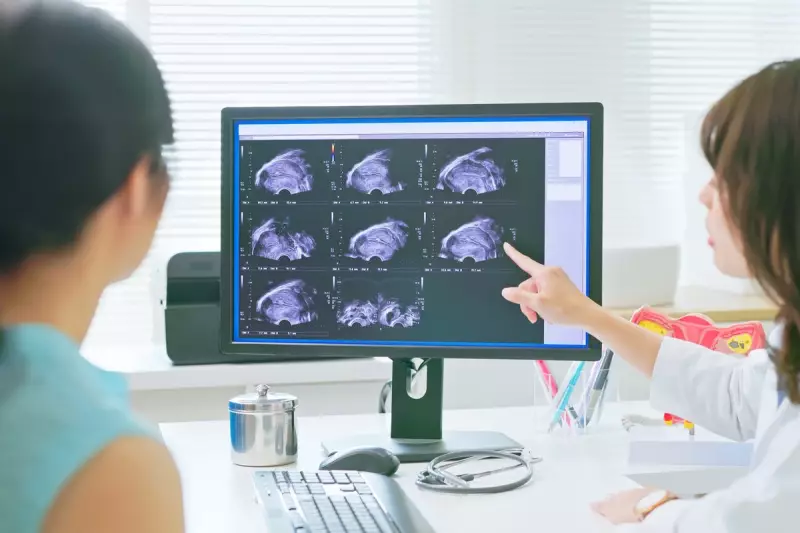
In a medical breakthrough that could transform preventative healthcare, researchers have developed an artificial intelligence system capable of predicting an individual's risk of developing cancer, diabetes, and heart disease years before symptoms emerge.
The Future of Personalised Medicine
The revolutionary AI algorithm, created by a team at the University of Edinburgh, analyses complex medical data to identify patterns and risk factors that would be impossible for human doctors to detect. This technology represents a significant leap forward in predictive medicine, potentially saving thousands of lives through early intervention.
How the AI Prediction System Works
The sophisticated machine learning model processes multiple data points including:
- Genetic markers and family medical history
- Lifestyle factors and environmental exposures
- Routine blood test results and biometric measurements
- Previous medical conditions and medication history
By cross-referencing this information against vast datasets of patient outcomes, the AI can identify subtle correlations and warning signs that typically go unnoticed until diseases have progressed to advanced stages.
Potential Impact on Healthcare
This technology could fundamentally change how the NHS approaches patient care:
- Early Intervention: Identifying high-risk patients allows for preventative treatments and lifestyle changes
- Resource Allocation: Healthcare providers can prioritise screening for those most at risk
- Personalised Care Plans: Treatments can be tailored to individual risk profiles
- Reduced Healthcare Costs: Preventing serious illness is significantly cheaper than treating advanced disease
What This Means for Patients
While the technology is still in development, it promises a future where your doctor could warn you about potential health issues decades before they become serious problems. This isn't about replacing medical professionals but rather providing them with powerful tools to enhance their diagnostic capabilities.
The research team emphasises that privacy and ethical considerations remain paramount, with robust safeguards being developed alongside the technology itself.





